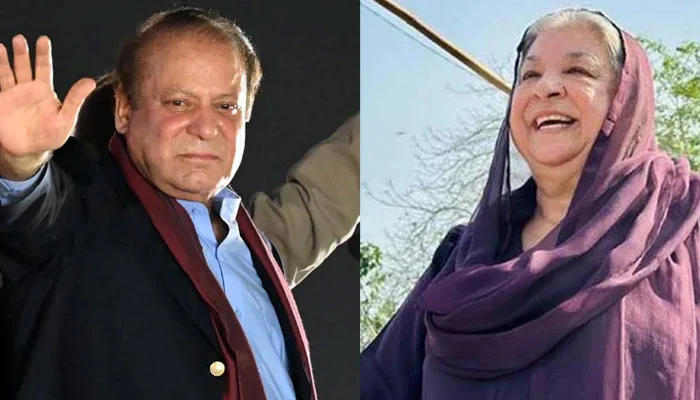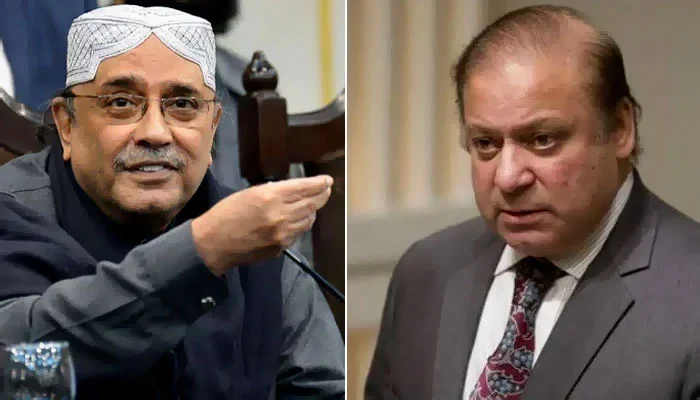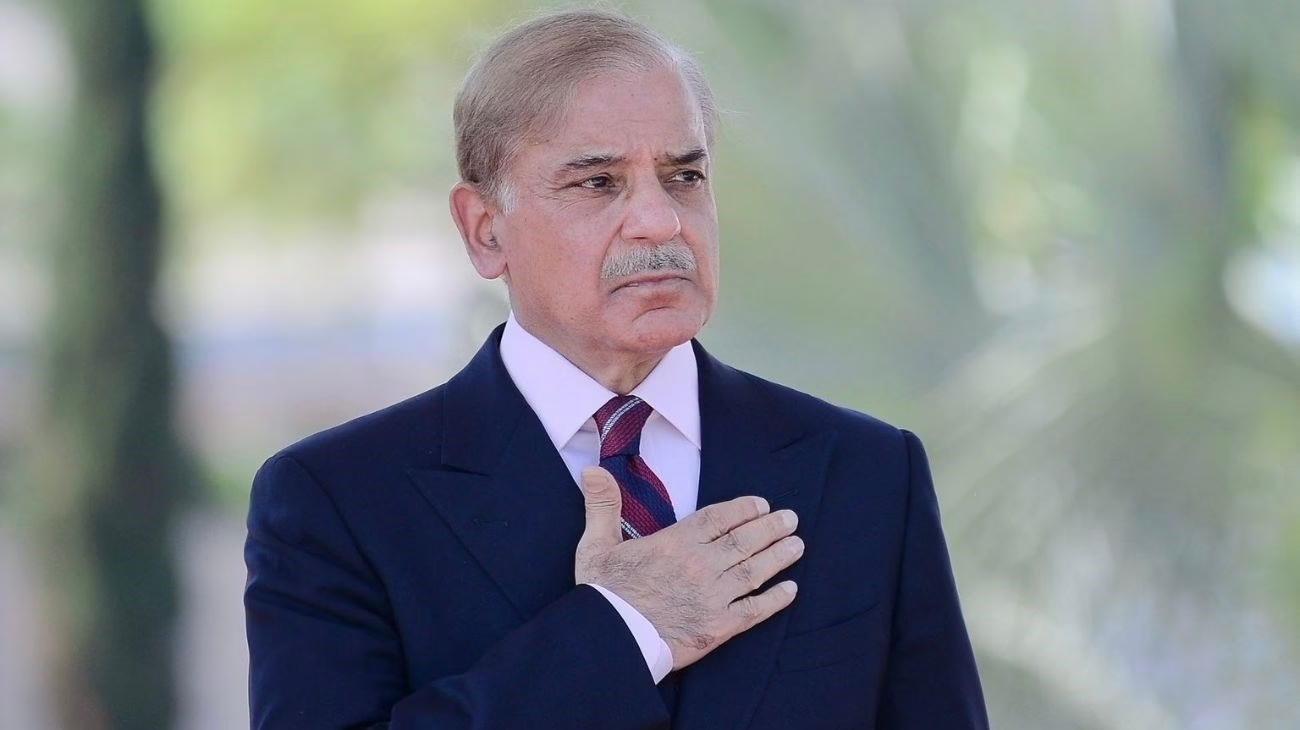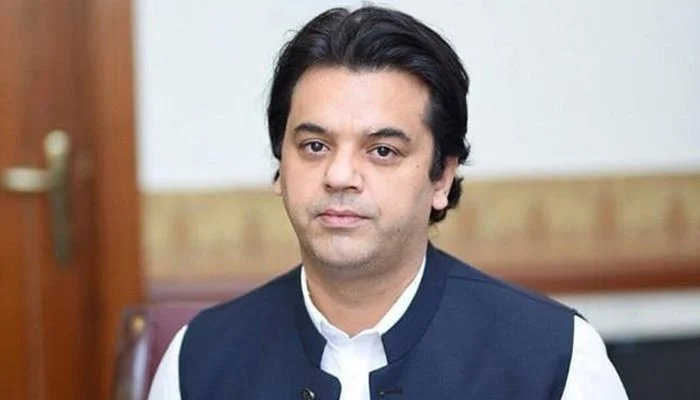Yasmin Rashid, a prominent leader of the Pakistan Tehreek-e-Insaf (PTI), has thrown down the gauntlet to Nawaz Sharif, the leader of the Pakistan Muslim League-Nawaz (PML-N), challenging him to participate in the upcoming elections. In a statement, Dr. Yasmin Rashid remarked that Nawaz Sharif, a convicted individual who has been living abroad, is being provided with a protocol. She criticized his long absence and labeled the situation as a “selection” rather than an election.
Yasmin Rashid’s comments highlight the ongoing political tension in Pakistan, where the PTI government and opposition parties, particularly the PML-N, are engaged in a war of words. Nawaz Sharif has been living in the United Kingdom since 2019 after being granted bail for medical treatment. His departure from Pakistan followed his conviction in a corruption case.
In response to Yasmin Rashid’s challenge, the PML-N asserted that she is the same woman whom Nawaz Sharif’s late wife, Kulsoom Nawaz, defeated in an election while battling cancer. They emphasized that the memory of Maryam Nawaz’s successful election campaign still lingers in the minds of the people, suggesting that Yasmin Rashid’s challenge is nothing new.
Maryam Nawaz, the daughter of Nawaz Sharif, played a significant role in the PML-N’s political campaign during the 2018 general elections. Her leadership and communication skills made her a prominent figure in Pakistani politics. The phrase “Pehlay Taulo, Phir Bolo” (First, weigh your options, then speak) has become associated with her political strategy, where she suggests that it’s essential to assess one’s chances before making any significant political moves.
The exchange between PTI and PML-N leaders underscores the polarization and heated rhetoric that often characterizes Pakistani politics. Nawaz Sharif’s return to Pakistan and potential participation in elections remain subjects of considerable debate and speculation. As Pakistan prepares for future elections, the political landscape is likely to witness more confrontations and challenges among competing parties. The ultimate outcome will depend on the voters’ choices and the democratic process.



